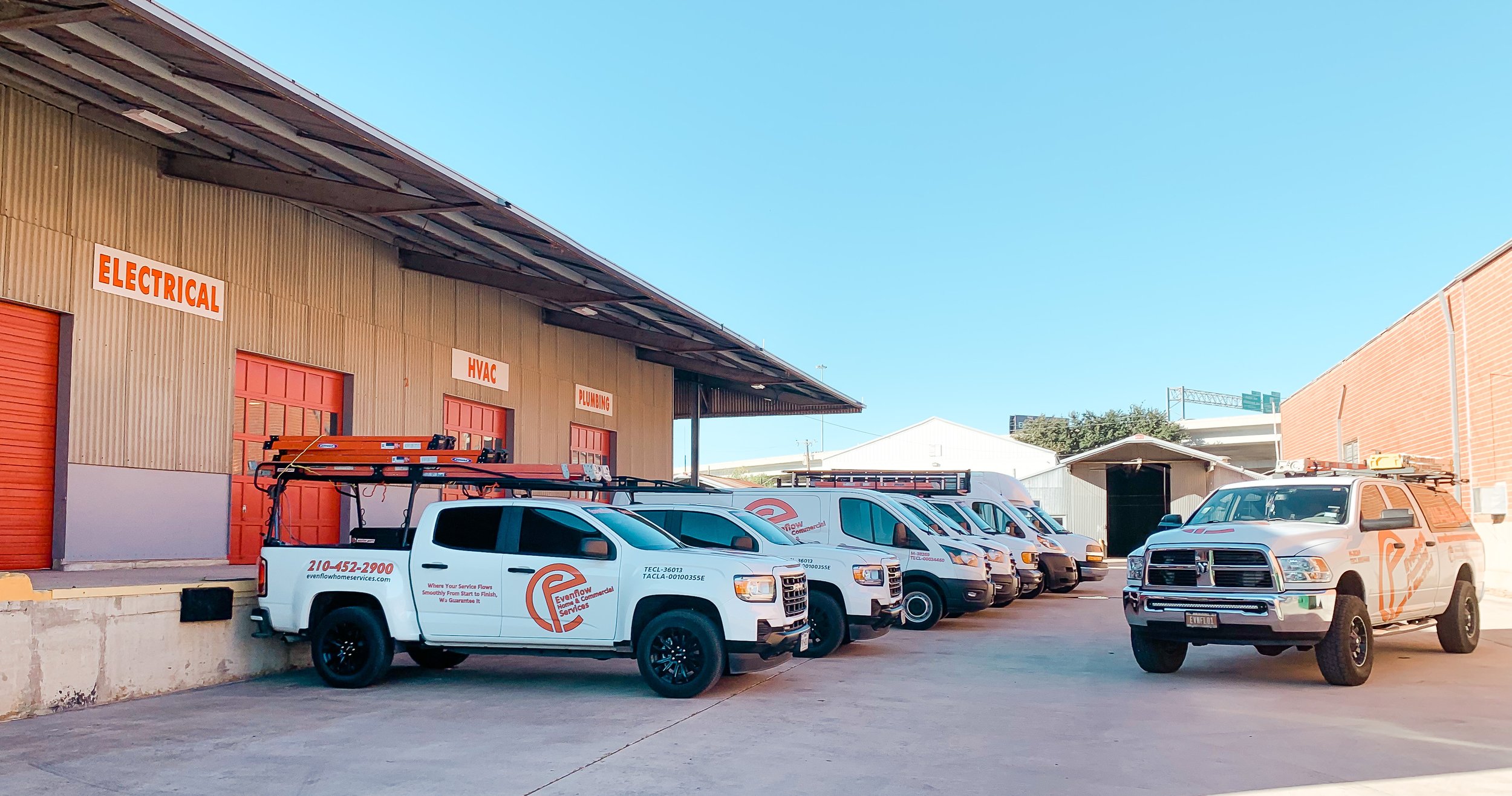
AC Refrigerant Leak Repair in San Antonio, Schertz, Converse, Floresville, Elmendorf, New Braunfels, and Surrounding Cities
An AC system consists of several components of equal importance. Refrigerant is one of the most significant parts of the system that ensures it operates smoothly. AC refrigerant helps produce cool air, which keeps a home or business comfortable in hot weather.
Most refrigerants in modern HVAC systems are liquid or gas, but the type of refrigerant a system uses depends on its age. Usually, the air conditioning system will use R-22, also called Freon, or R410A, commonly known as Puron. Many industry experts believe that the latter is more eco-friendly, which is why more manufacturers use Puron in their systems.
Additionally, Puron is more stable than Freon, which reduces the possibility of leaks and accidents. Since Puron isn’t suitable for older systems, homeowners often believe they’ll have to replace the entire HVAC unit. But that’s not the case. Using recycled Freon significantly minimizes the risk of Freon leaks, meaning the household members can go about their day without noticing the foul odor of a Freon leak.
Homeowners are sometimes unsure how refrigerant works within the AC system. It sits within the copper coils, and its primary purpose is to travel to different sections of the AC, transforming from liquid to gas. The condenser absorbs heat and releases it as it moves through the AC, helping lower indoor temperature levels.
AC Refrigerant Leak: Signs and Causes
Most people are unaware of the signs of a Freon leak or AC compressor leak. However, those who have an older system should remain vigilant. Freon negatively impacts the environment, and a leak can represent a safety hazard.
There are some tell-tale signs of a freon leak, including:
Low airflow and warm air: If the system blows warm air, the likely culprit is an AC refrigerant leak or low pressure. Some people may feel warm air coming from the vents, which is another bad sign.
Spike in energy bills: Although homeowners may not have noticed warm air from the vents, they may see an increase in electricity bills. The increased energy use means that the AC system is working harder to produce cool air.
Noisy system: The AC may produce strange noises due to a Freon leak. Most people report hearing gurgling or bubbling noises.
Frozen coils: Frozen evaporator coils are another tell-tale sign of a refrigerant leak. Ice covers the coils, leading to a system breakdown and costly repairs. To ensure the coils are in good condition, check the system periodically. If there is frost on the coils, it’s time to call an expert for professional assistance.
Refrigerant leaks are relatively common, but most don’t notice the problem until the system malfunctions. HVAC systems, especially older models, have copper coils. When the coil walls become corroded, holes and cracks form, resulting in a leak. Other causes include wear and tear, improper installation, and loose joints.
The easiest way for a technician to diagnose a leak is by running a leak test or pressure test.
Why AC Refrigerant Leaks are Dangerous
One of the most frightening thoughts a homeowner can have is, “Is the AC leaking Freon?” Refrigerant leaks are a health hazard, and an experienced professional should resolve the problem as soon as possible. Freon is a highly toxic substance, and inhaling it may lead to poisoning. Additionally, it depletes the Ozone layer and isn’t environmentally friendly. Thus, ensuring no Freon enters the home’s HVAC system should be a top priority.


